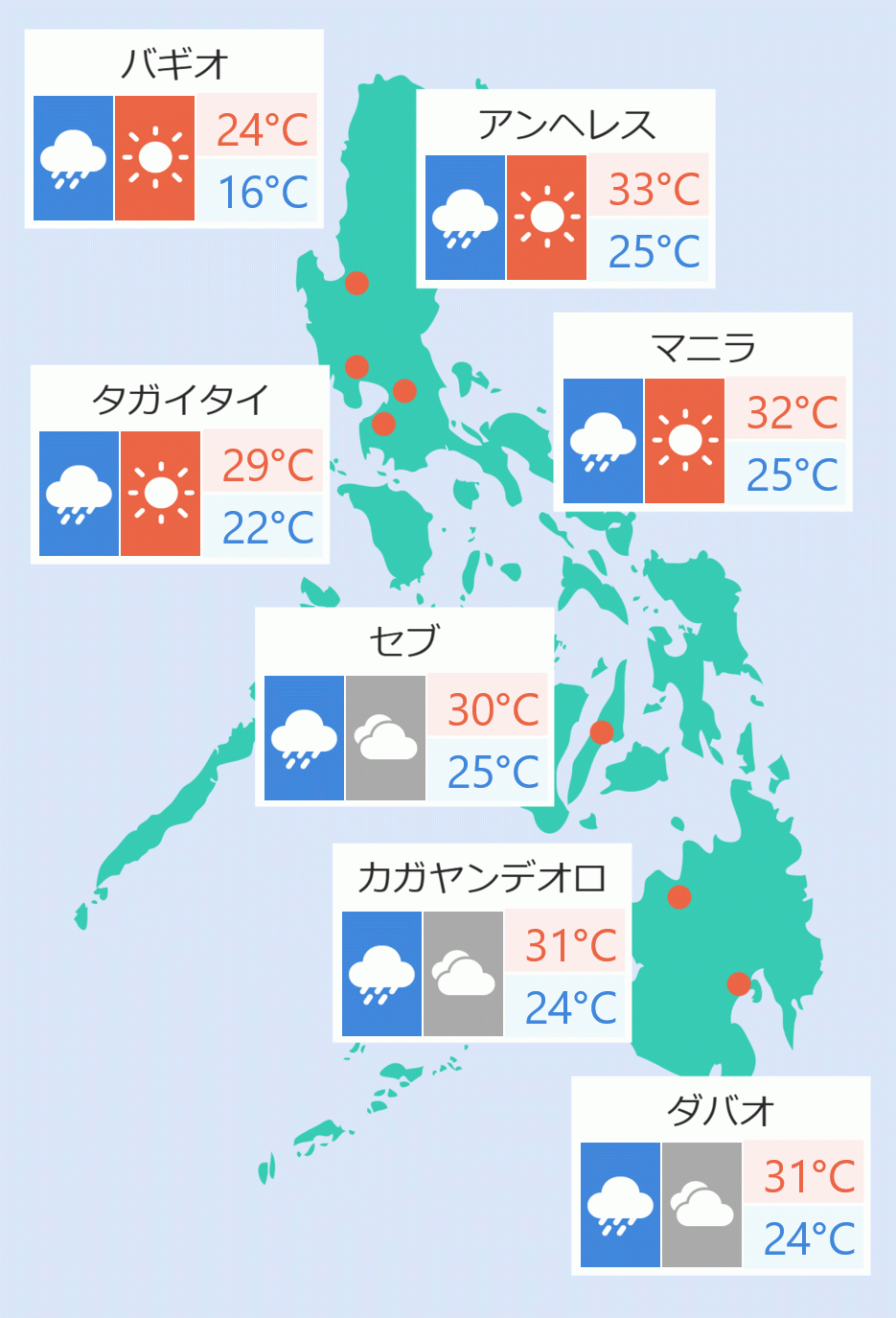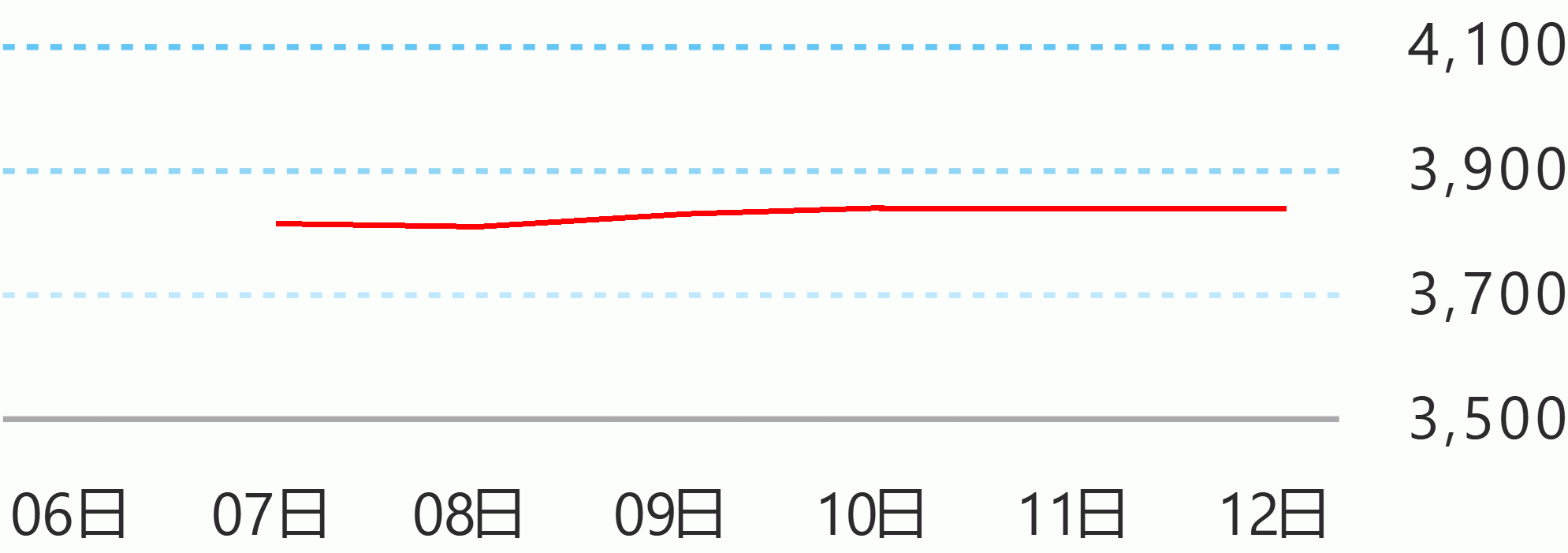By Robina Asido
President Ferdinand Marcos Jr. disagreed with the 6.1 percent inflation rate in June which is the highest recorded since October of 2018.
"I think I will have to disagree with that number. We are not that high. We have crossed the... our targets were less four percent or less," Marcos said in a press conference after his cabinet meeting on Tuesday.
The Philippine Statistics Authority (PSA) said June's inflation was driven by an increase in the heavily-weighted food and non-alcoholic beverages index with six percent from May's 4.9 percent.
It was the fourth straight month that inflation rose from three percent in February. The government had set a range of 2-4 percent for inflation in 2022.
"Unfortunately, it looks like we may cross that threshold. Tatawid tayo sa four percent (we will cross four percent). That’s why again we have to think about interest rate levels. But there is a conflicting force in exchange rate levels," said Marcos.
"The United States, the dollar, has gained in all, against all currencies. So the dollar has gained against all currencies. And the specific effect is that it actually will start to be part, will be part of the components of the inflation," he explained.
Marcos said the government's monetary policy is targeting to control the inflation rate.
"We are having to be careful because essentially our economic policy right now, our monetary policy right now is essentially to use interest rates to hold, to take control of the inflation rate," he said.
"We are not looking specifically at the exchange rates now. What we are talking about... what we are targeting is the inflation rate. So that’s what we are doing. The increase in commodity prices is again something that happens, the forces that have pushed the commodity prices up are again beyond our control," he added.
Marcos noted that "much of our inflation is actually imported inflation."
"It is imported because it is the inflation on the products that have suffered inflation that we import. So sumama na ung kanilang inflation sa atin (their inflation comes along with us)," he said.
"We have to, when we analyze, we have to make those categorical differences so that we’ll better understand really what the situation is," he added. DMS




 English
English













